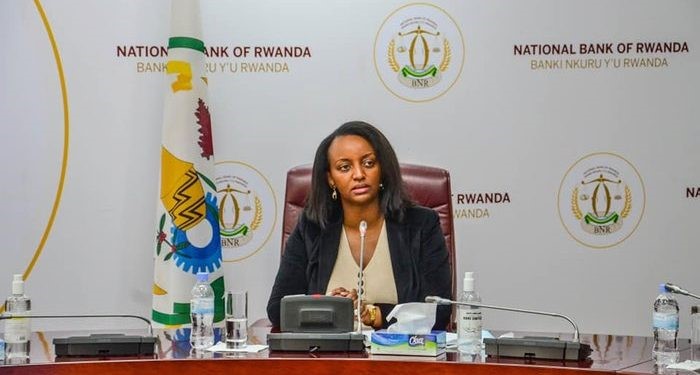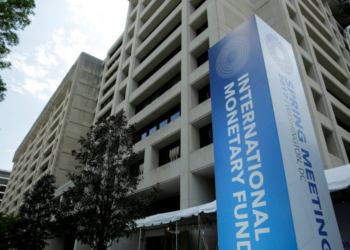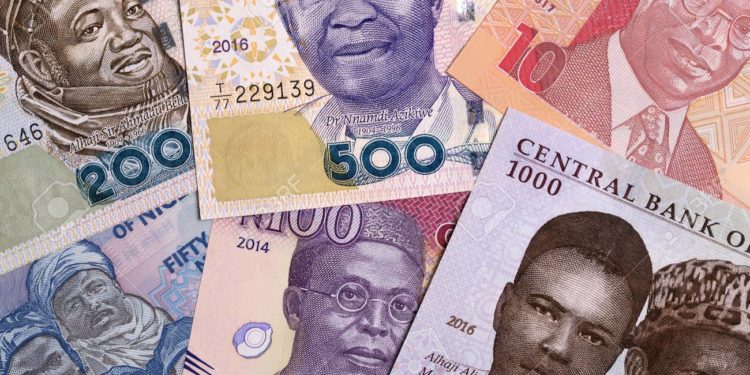As digital finance sweeps across the globe, Africa is not being left behind.
Currently, African countries are actively researching, piloting, or rolling out Central Bank Digital Currencies (CBDCs), a testament to the continent’s growing commitment to fintech innovation and financial inclusion.
CBDCs are government-issued digital versions of national currencies, secured, traceable, and issued directly by central banks. Unlike cryptocurrencies, they are legal tender and function alongside traditional cash.
As African central banks explore this next frontier, they aim to close financial inclusion gaps, streamline cross-border payments, and modernize monetary systems.
But rolling out a CBDC in Africa isn’t just about tech; it’s about navigating fragmented infrastructure, regulatory complexity, and diverse digital literacy levels.
Below is a rundown of ten African countries making major strides in digital currency exploration as of 2025.

The National Bank of Rwanda completed a comprehensive feasibility study in 2024 and plans to launch a retail CBDC by 2026. The study identified four “Sweet Spot” use cases where a digital Rwandan franc would outperform other solutions.
Following public feedback, Rwanda is launching a proof-of-concept phase, including a six-month cross-border pilot to assess scalability and interoperability.
The four identified Sweet Spots for CBDC, within the Rwandan context, are: 1. To increase resilience against possible network outages, power failures and natural disasters; 2. To improve innovation and competition 3. To contribute to achieving the cashless economy national initiative over time; 4. To develop faster, cheaper, more transparent, and more inclusive cross-border remittances.





















